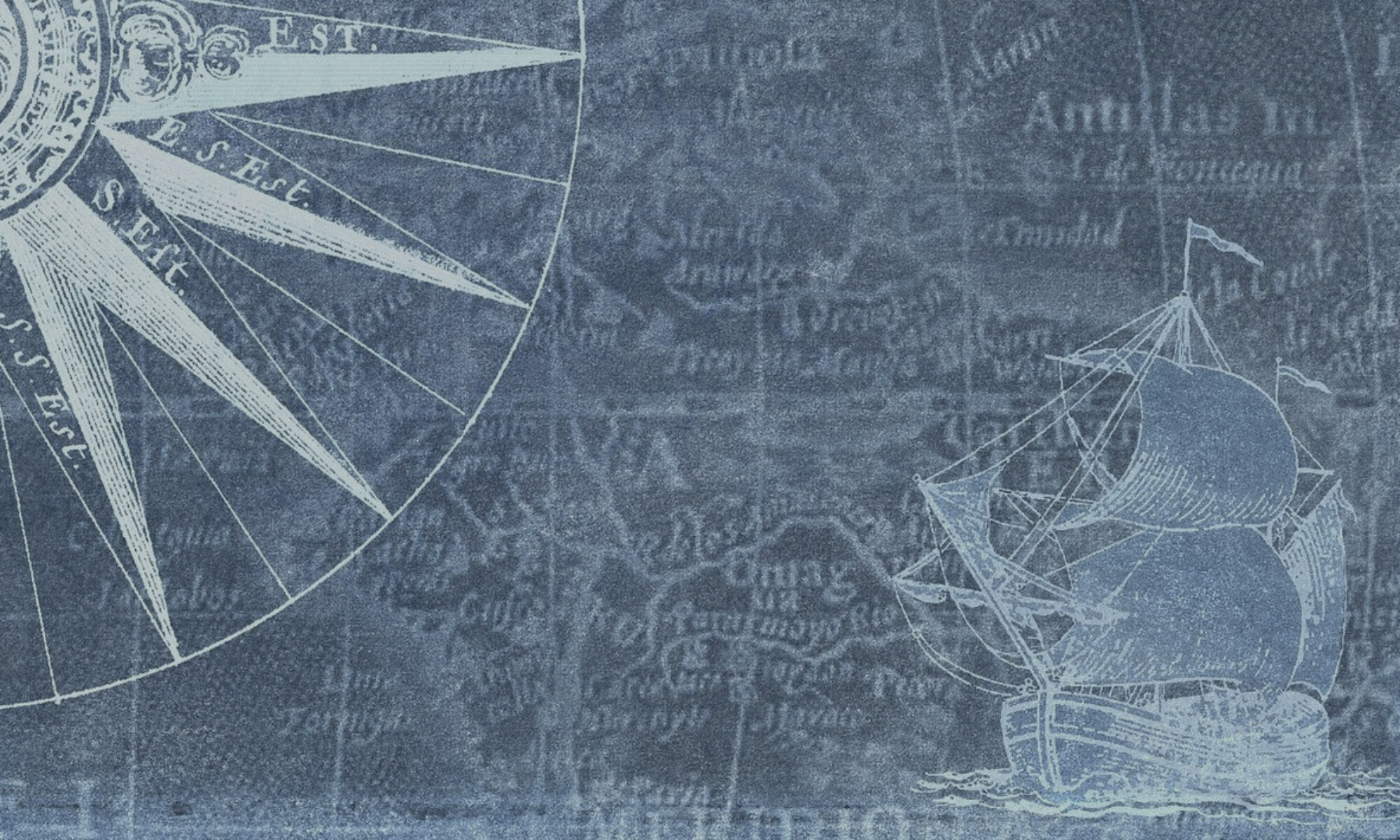LIFE AND NARRATIVE
The Life of Henry Bibb (1815-1854)
Walter ‘Henry’ Bibb was born and raised in enslavement in Kentucky. He succeeded in running away to Ohio in 1837. However, as his wife and daughter were still enslaved, he moved back and forth between free and slave states afterward to liberate them.
After Bibb was recaptured in 1839, he passed through several hands, most of whom treated him and his family with great cruelty. Bibb finally abandoned his attempts to free his family. He escaped to freedom after the death of his last enslaver, a Cherokee in the Indian Territory (now Oklahoma), in 1841.
Based in Detroit and then in Sandwich, Canada, Bibb became a prominent public speaker for the abolitionist movement. He later edited Canada’s first Black newspaper, The Voice of the Fugitive. Together with his second wife, he also managed the Refugee Home Society, a charitable organization helping black fugitives from American slavery settle into their new lives in Canada.
The Narrative of Henry Bibb
Henry Bibb’s 1849 autobiography Narrative of the Life and Adventures of Henry Bibb, an American Slave draws on the author’s oral account of his life story on the abolitionist lecture circuit. The book was sponsored by the American and Foreign Antislavery Society as a piece of testimony to the evil of slavery in the USA. Upon its release, it received favorable reviews in the antislavery press and became an instant bestseller.
In contrast to most other slave narratives, Bibb’s account does not show a linear path from his enslavement in the American South to freedom in the North and Canada. Instead, it relates Bibb’s repeated escapes from and returns to slavery. These resulted from his attempts to also liberate his wife and daughter. As they also show his deep attachment to his loved ones, Bibb becomes likable to his white readers, who otherwise might have rejected a rebellious Black man.
Bibb’s Narrative is also the only known antebellum slave narrative to address the practice of enslaving Blacks among indigenous nations in the Indian Territory. The text portrays Bibb’s life among the Cherokee in rather benign terms. This was a strategy to argue that white enslavers were, in fact, crueler than the indigenous slaveholder deemed “savage” by white society.
Nonetheless, Bibb also exploits the stereotype of indigenous cruelty, when he presents his running away from the Cherokee as a flight from Indian captivity, not from slavery. As many whites feared indigenous captivity, this was another strategy to obtain their sympathy for a Black man running, literally, from the law.
SOURCES AND FURTHER READING
Primary Sources
There are several editions of Bibb’s narrative. A scholarly edition is this one:
-
- Bibb, Henry. The Life and Adventures of Henry Bibb, an American Slave. 1849. Introd. Charles Heglar. Madison: University of Wisconsin Press, 2000.
An online edition accessible for free is this one:
-
- Bibb, Henry. The Life and Adventures of Henry Bibb, an American Slave, Written by Himself. 1849. Documenting the American South (DocSouth). Charlotte, NC: University of North Carolina, 2000. Bibb_Narrative
Selected Research Literature
-
- Andrews, William L. To Tell a Free Story: The First Century of African American Autobiography. Urbana: University of Illinois Press, 1986.
- Bailey, Ted. “Portraits of Piety: Authenticating Strategies in Slave Narratives and Two Antebellum African-American Novels.” The AnaChronisT 14 (2009): 47-66.
- Cooper, Afua Ava Pamela. “Doing Battle in Freedom’s Cause”: Henry Bibb, Abolitionism, Race Uplift, and Black Manhood, 1842-1854. Phil.Diss. University of Toronto, 2000. TSpace Repository, University of Toronto Library, 2008. Cooper_Diss
- Roth, Sarah N. “‘How a Slave was Made a Man’: Negotiating Black Violence and Masculinity in Antebellum Slave Narratives.” Slavery and Abolition 28.2 (August 2007): 255-275.
- Green, Keith Michael. Bound to Respect: Antebellum Narratives of Black Imprisonment, Servitude, and Bondage, 1816-1861. Tuscaloosa: University of Alabama Press, 2015.
- Heglar, Charles. Rethinking the Slave Narrative: Slave Marriage and the Narratives of Henry Bibb and William and Ellen Craft. Westport, CT: Greenwood Press, 2001.
- Weyler, Karen A. Empowering Words. Outsiders and Authorship in Early America. Athens, GA: University of Georgia Press, 2013.
- Zafar, Rafia. We Wear the Mask: African Americans Write American Literature, 1760-1870. New York: Columbia UP, 1997.
ONLINE RESOURCES AND LINKS
Biography
-
- O’Farrell, John K.A. “Bibb, Henry Walton.” Dictionary of Canadian Biography. Vol. 8. Toronto: University of Toronto / Université Laval, 2003. http://www.biographi.ca/en/bio/bibb_henry_walton_8E.html
- “Overview: Henry Bibb (1815-1854).” Oxford Reference. Oxford University Press, 2009. https://www.oxfordreference.com/view/10.1093/oi/authority.20110803095504152
Speeches and Journalism
-
- In 1847, Bibb gave a speech welcoming escaping slaves who had crossed into Canada from Detroit with the help of the Underground Railroad. https://libraries.udmercy.edu/archives/special-collections/index.php?collectionCode=baa&record_id=451&item_id=512
- In 1848, Bibb made a speech during a court hearing in which he gave a brief overview of his life as a slave and an account of his escape to freedom. https://libraries.udmercy.edu/archives/special-collections/index.php?collectionCode=baa&record_id=924
- In 1849, Bibb gave a short speech about the importance of supplying slaves with Bibles. https://libraries.udmercy.edu/archives/special-collections/index.php?collectionCode=baa&record_id=2497&item_id=2912
